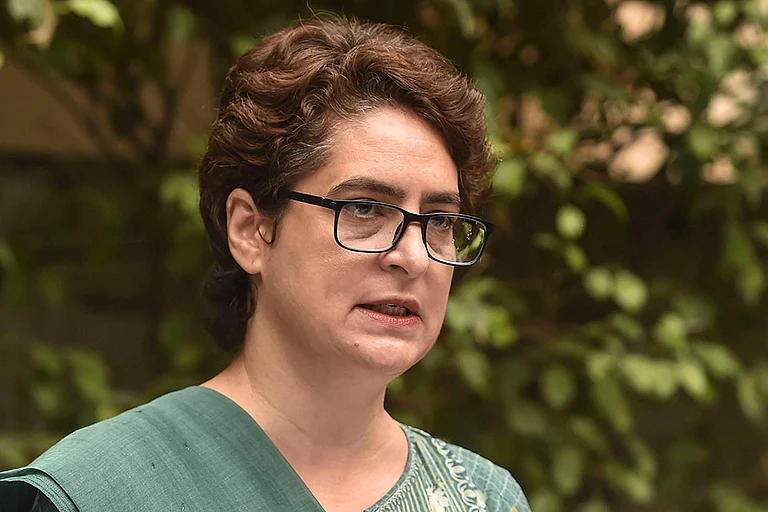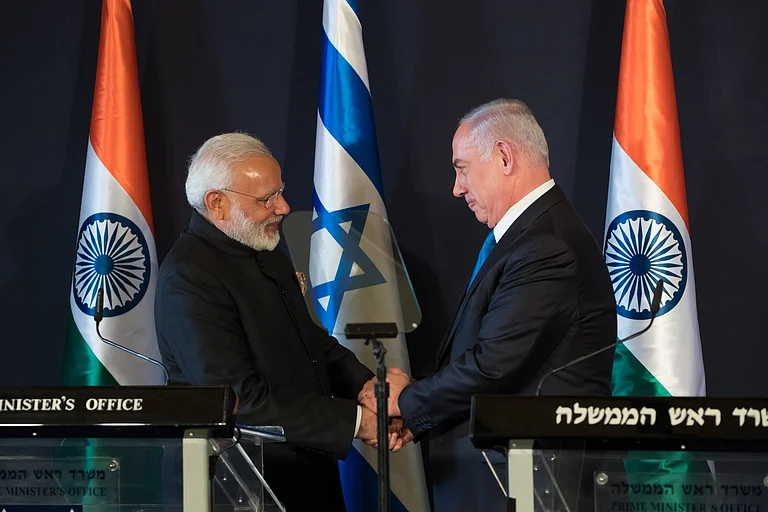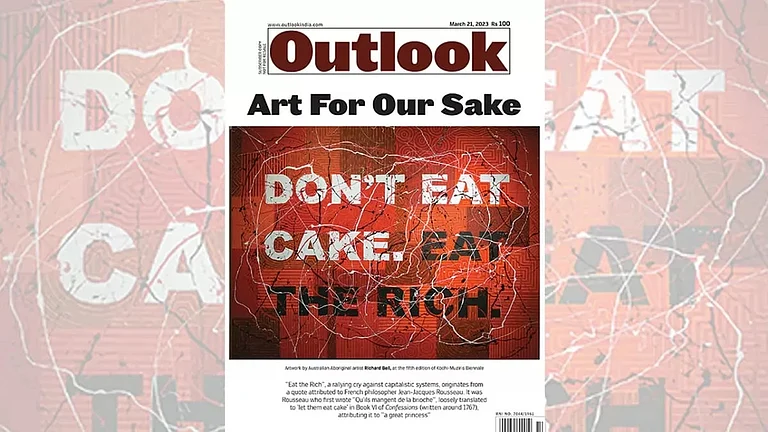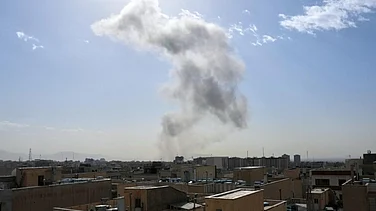As an artist, the visuals from Palestine that deeply resonate with me are those portraying the resilience and everyday life of Palestinians amid conflict. My creative process involves immersing myself in their stories and translating their experiences into visual narratives. I believe in using art as a powerful tool to amplify the voices of the oppressed and shed light on their struggles.
I would like to emphasise that the suffering is not limited to the Palestinian people but extends to all individuals in the Eastern and Arab regions. Recent events have exposed this gap that the West and its media attempt to conceal and distort. As an Arab artist from Egypt with a close connection to the region, including Palestine and especially the besieged Gaza Strip, it was imperative for me to use my art to convey what cannot be expressed in words.
Art, in my belief, is the most potent means to explain issues that the human mind sometimes struggles to comprehend. Through my paintings and artistic expression, I aim to convey the experiences and hardships endured by people in the region. Art allows me to speak a universal language, transcending linguistic and cultural barriers, making it a powerful tool to convey a message and inspire an understanding of the depths of humanity.
Through this artistic approach, I seek to shed light on humanitarian and social issues that affect us all, emphasising that art can be a bridge for communication and understanding across borders and cultures.
Concerning media representation, Palestinian artists face challenges in finding space on mainstream platforms. Many encounter censorship or backlash for expressing solidarity with Palestine. Despite these obstacles, there is growing awareness and support, particularly from people of colour and those in former colonies, fostering connections between global struggles for liberation.
The impact of war on human emotions is profound and far-reaching. It not only devastates cities and landscapes but also leaves an indelible mark on the hearts and minds of individuals. The experience of witnessing harrowing events, enduring personal losses, and living amid violence can trigger a range of intense emotions. Grief and sorrow emerge from the loss of loved ones and the destruction of homes, while constant exposure to danger fosters fear and anxiety. Displacement and the loss of cultural identity become stark realities in the wake of conflict. Moreover, the injustice and oppression inherent in war can fuel deep-seated anger, leading to a sense of isolation and a breakdown of trust. The psychological toll of war, marked by significant responsibilities and challenging living conditions, further adds to the complex tapestry of human emotions. In navigating the aftermath of war, it is crucial to explore avenues of support and create environments that facilitate psychological healing and resilience for those affected.
In conclusion, what war does to us is profound. Can you imagine how a child feels when they lose their favourite toy? Now, think about a child who has lost their family and home —everything. What about a child who has lost their friend? What about children dying of hunger? And what about a woman witnessing her firstborn dying in the most horrific way before her eyes? What should we think about the plight of the people who are the rightful owners of the land? Do these situations warrant all this suffering just to explain them? But, in the end, what pleases me is that this war has exposed the occupation and has also ensured the continuity of artistic contributions and discussions about the issue. This is what will reveal the truth behind all the media lies.
(Bassent Dawoud is an Egyptian artist, children’s book illustrator, and art teacher)































